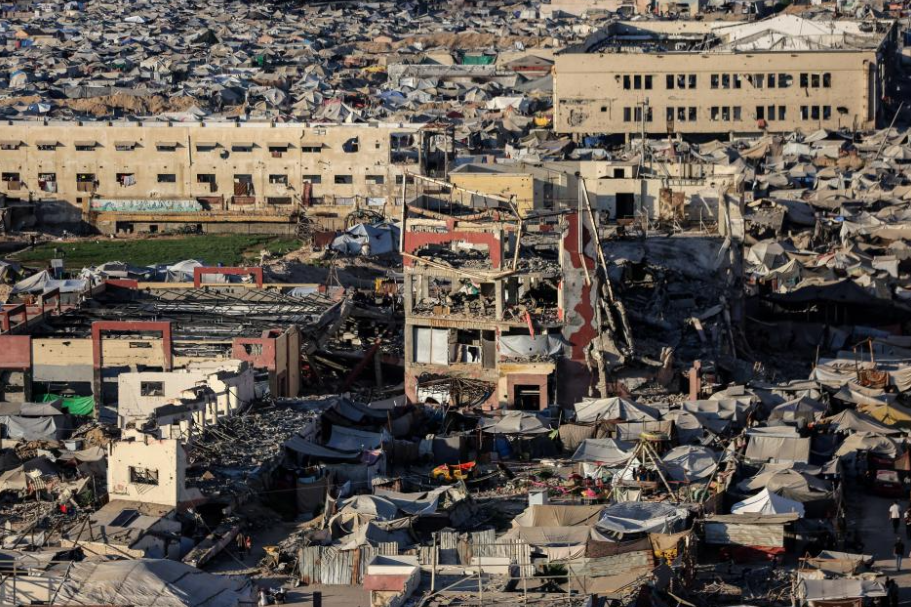Africa's poor facing 'triple threat' to health, World Bank warns

Almost 80 percent of people in Africa's low-income countries are exposed to unsafe air, polluted water and degraded land, posing what a World Bank report has labelled a "triple threat" to health and economic progress.
The report, "Reboot Development: The Economics of a Livable Planet", which was released on Monday, warns that environmental hazards are converging in some of the world's poorest nations, particularly in Africa, locking millions in a cycle where poverty and environmental stress reinforce each other.
"Environmental degradation remains a global issue, but the frequent co-occurrence of these challenges in low-income countries acts as a headwind on development," the report stated.
Globally, according to the report, more than 5.7 million people die each year from outdoor air pollution, while unsafe water, sanitation and hygiene contribute to another 1.4 million deaths.
In low-income nations — particularly across Sub-Saharan Africa — this kind of pollution accounts for nearly one in five deaths, a toll the World Bank warns could wipe out decades of hard-won gains in health and development across the continent.
The report highlighted stark inequalities, stating that poor households are 75 percent more likely to live in degraded areas, often without access to piped water, sanitation or electricity. This leaves them far more vulnerable to the impacts of toxic air and unsafe water.
"Air and water pollution are silent drivers of inequality," the study noted, "striking hardest where poverty is deepest, eroding human capital and economic potential."
The study also found that the loss of forests alone disrupts rainfall, dries soils and worsens droughts, with the resulting economic toll running into billions of dollars annually.
"People and communities around the world are not just facing an environmental crisis, but an economic one," said Axel van Trotsenburg, senior managing director of the World Bank.
"The good news is that solutions exist. If countries make the right investments now, natural systems can be restored, with substantial returns on growth and jobs."
According to Van Trotsenburg, the report "offers a new lens for looking at environmental challenges — not as constraints, but as opportunities for smarter development".
The report stated that Africa's reliance on solid fuels for cooking is a leading cause of household air pollution, exposing women and children to prolonged smoke inhalation. At the same time, untreated wastewater and agricultural runoff continue to contaminate rivers and wells, fueling diarrheal diseases that remain among the top killers of young children.
The economic costs are equally stark. The report states that air pollution alone drains an estimated 6.1 percent of global GDP annually, while water-related health burdens reduce labour productivity and impose heavy financial strains on families and governments.
Despite the bleak figures, the report stressed that solutions are within reach, pointing to investment in clean cooking solutions, wastewater treatment and land restoration as highly cost-effective measures that could save millions of lives while supporting sustainable growth.
"The wealth of nature is not a constraint; rather, it is the foundation for long-term prosperity," the report added.
"Protecting ecosystems is essential, not only for planetary stability, but also for improving the competitiveness and resilience of local economies."

































